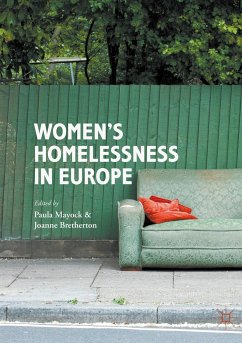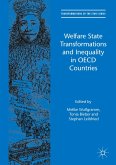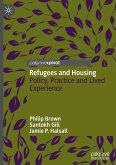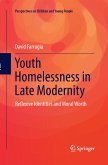This book marks a critical contribution in assessing and extending the evidence base on the causes and consequences of women's homelessness. Drawing together work from Europe's leading homelessness scholars, it presents a multidisciplinary and comparative analysis of this acute social problem, including its relationship with domestic violence, lone parenthood, motherhood, health and well-being and women's experience of sustained and recurrent homelessness. Working from diverse perspectives, the authors look at the responses to women's homelessness in differing cultures and regions, and within various forms of welfare states. They focus in particular on relating the gender dimensions of welfare and social policy to women's experiences when they become homeless. This innovative and timely edited volume will appeal to students and scholars of sociology, social policy, anthropology, and gender and women's studies, along with international policy-makers.
"The volume successfully highlights the way in which gender expectations intersect with power structures to inform women's vulnerability to and experience of homelessness, producing a convincing and coherent argument as to the gendered nature of homelessness and the urgent need for academics and policy makers to understand it as such. As such, it would be of great value to scholars with an interest in housing, homelessness, or gender." (Kesia Reeve, European Journal of Homelessness, Vol. 11 (2), September, 2017)








